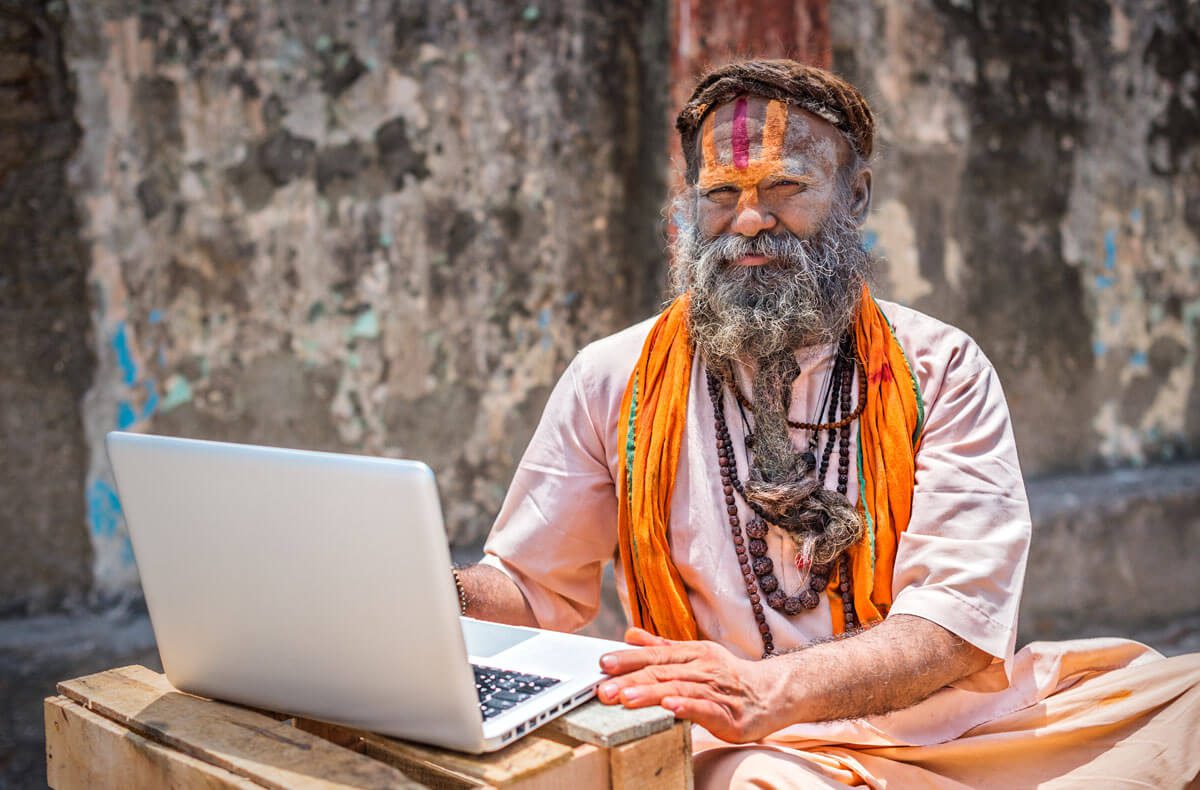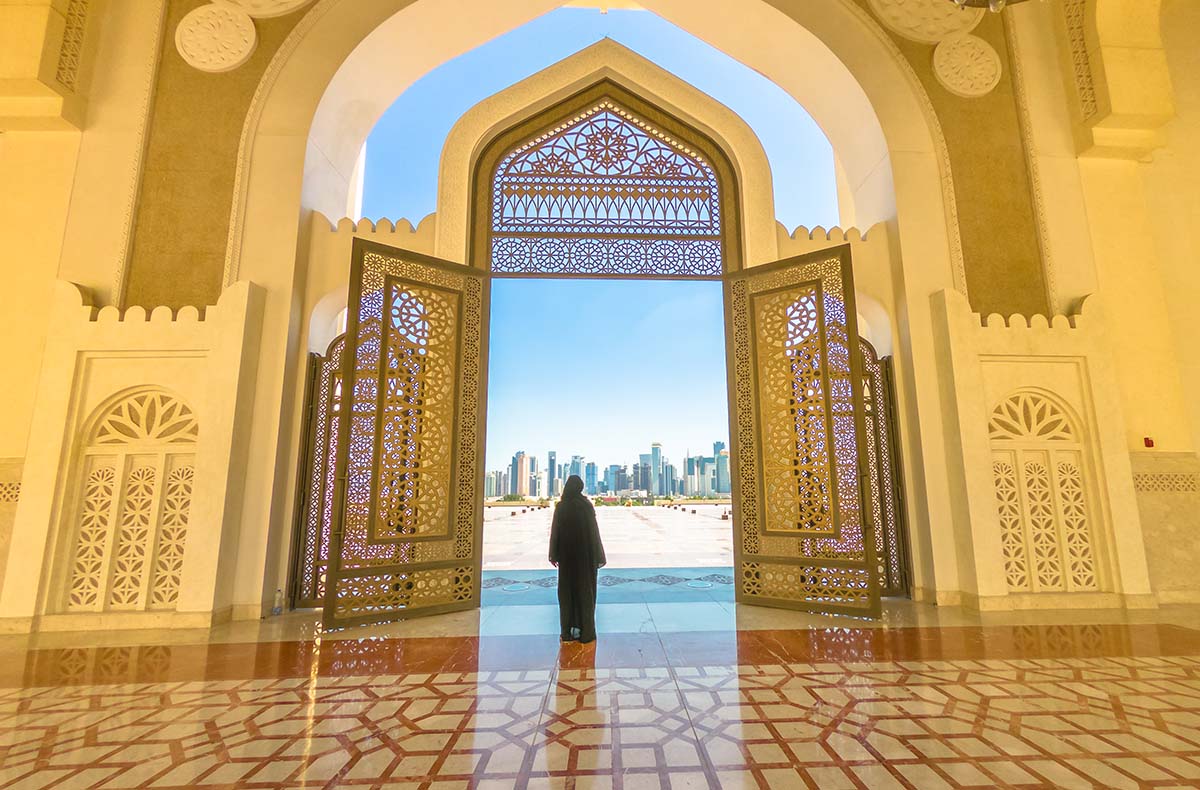
The efforts to delegitimize ethnic and religious groups have taken various forms throughout history. Minorities who have achieved a certain level of success often become the target of these efforts, which range from social exclusion to violence and oppression.
These efforts to delegitimize have taken various forms ranging from subtle social exclusion to overt racial, ethnic and religious attacks. They have often included outright violence and oppression which almost always has its roots in the political and cultural arena.
Those carrying out these attacks use the power of the media and legislation as tools to attack and undermine the standing of these groups. Recently, social media has been used to further this.
One of the most well-known and ongoing efforts to delegitimize an ethnic and religious group is the systematic attempts at eliminating Jews through persecution in the form of the Holocaust, pogroms and anti-Semitic policies.
Jews have been targeted for their observance of Jewish law, including dietary restrictions and Sabbath observance.
In the aftermath of the 9/11 attacks on the United States, Muslims faced discrimination and persecution, including attacks on mosques. During the Spanish Inquisition in the 15th century, Spain launched a campaign against Jews and Muslims, who were forcibly converted to Christianity or expelled from the country. Those who refused to convert, or leave, were often persecuted or executed.
Similarly, Hindus have faced criticism and attacks for their dietary restrictions and customs, including the practice of yoga and the caste system. These groups have a long history of cultural and intellectual achievement and have contributed significantly to literature, science, philosophy, the arts and commerce despite facing discrimination and persecution. It can be argued they have been targeted because of this. All these groups have been stereotyped, portrayed negatively in popular culture and the media and targeted for their religious practices and customs.
Recent events in America highlight the persistence of anti-Hindu sentiment and are well documented. Alarmingly, they have increased in frequency and ferocity. In August, a Taco Bell customer in Fremont, California, went on an unhinged tirade where he berated a man by calling him a “dirty Hindu” and mocked him for ordering a non-beef selection off the menu. On the opposite coast, in Teaneck, New Jersey, the Democratic municipal chair Alexandra Soriano-Taveras came under fire for a resolution that implied all Hindu organizations promote hate and terrorism.
Last month, the Indian Consulate in San Francisco was targeted by Sikh separatists, or Khalistanis, who forcefully and violently broke into and entered the building, smashed several windows and painted graffiti on the walls while blasting out Punjabi music. The group then attacked consulate employees and caused several injuries. The U.S. government officially condemned this act. On January 31, the Chhatrapati Shivaji Maharaj statue given to San Jose as a gift from Pune in 1999 was stolen from Guadalupe River Park. It was found in a scrapyard after a San Jose Mercury News reporter discovered it.
In July, 2022, Rutgers University, through its Network Contagion Research Institute, released a report that showed a rise in anti-Hindu disinformation and a rise in Hinduphobia on social media and other messaging platforms.
In the digital era, what is presented over social media directly corresponds with people’s perceptions of reality. In this report, one cited example of anti-Hindu disinformation over social media was the use of ethnic pejoratives, slurs and coded language to mask anti-Hindu sentiment.
The Happy Merchant was a meme used to push anti-Semitism by white supremacists and members of the far-right and far-left. However, this meme was repurposed from a stereotypical media portrayal of a Jewish man into a stereotypical portrayal of a South Asian man and renamed “Poo in the Loo.” Apu, which rhymes with “poo” is a common male Indian name.
In 2006, the Hindu American Foundation (HAF) filed a lawsuit against the California State Board of Education, alleging that the textbooks used in public schools were biased against
Hinduism and portrayed the religion in a negative light. The lawsuit was dismissed but it sparked a debate about the representation of Hinduism in American education.
In 2021 it was reported that the “Dismantling Global Hindutva (DGH), a three-day online conference planned by anonymous organizers in the U.S., is a partisan and politically-motivated event designed to malign an ancient religion and its adherents. Through columns and reported pieces, this Firstpost series exposes why such programs are misleading, agenda-driven, and nothing but thinly-veiled Hinduphobia.”
The most startling aspect of these attacks is that Hindu organizations in America have made significant contributions to mainstream society through their charitable works and have prioritized helping the needy without any discrimination. Several organizations—hailing from all sides of the political spectrum—have been at the forefront of working towards pushing back against anti-Hindu misinformation and attempts at delegitimization.
Art of Living (AoL), Bochasanwasi Shri Akshar Purushottam Swaminarayan Sanstha (BAPS), HinduACTion (HinduACT), Hindu Policy Research and Advocacy initiative of World Hindu Council of America (HinduPACT), and the Hindu Swayamsevak Sangh (HSS) are just a few of the organizations leading efforts to correct the record when it comes to Hindus and South Asians. Richa Gautam, a known Hindu rights advocate, recently launched CasteFiles.com to push back against misinformation against South Asians and other minority groups.
Attacks on Hindus, both in India and abroad, are not a new phenomenon. While Hindu culture and traditions have been denigrated and suppressed by various empires and colonizers, the rise of Hinduphobia in the modern digital era is a cause for concern.
Academia, social media and other messaging platforms have become a breeding ground for anti-Hindu disinformation, leading to hate speech and even violence. It is imperative that these efforts are recognized, condemned and that work is done towards creating a more inclusive and equitable society for all.



